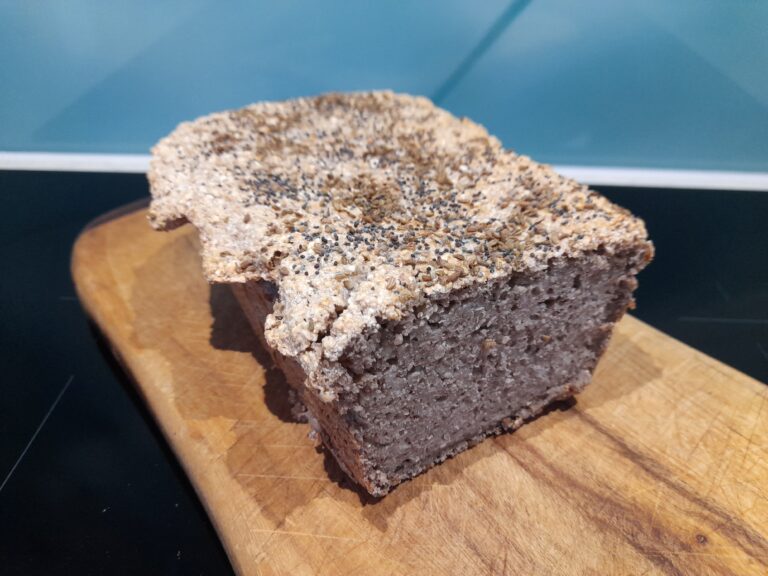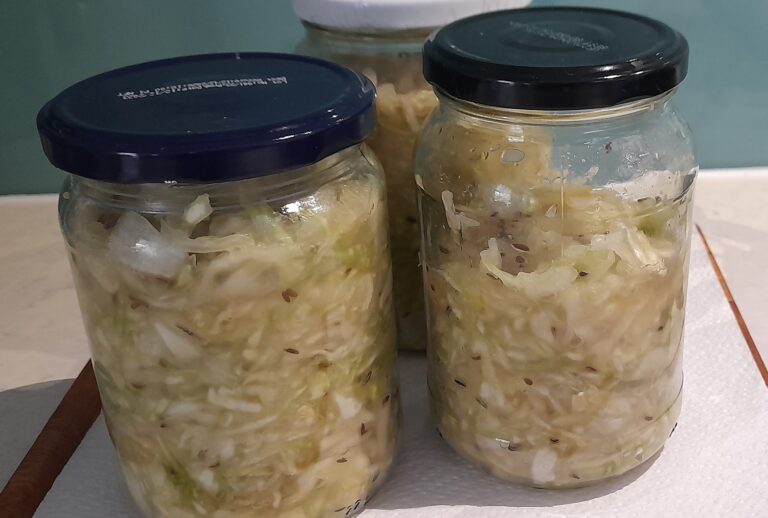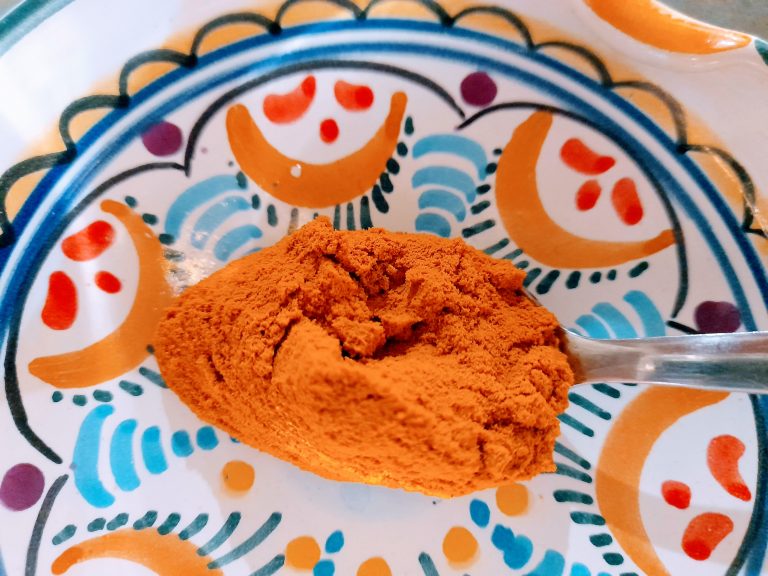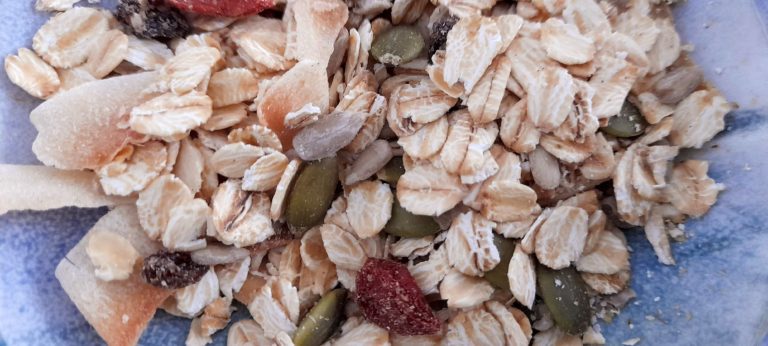Winter wellness – beating the viral blues
There’s a nasty virus going around at the moment – not “the flu” with its fevers, aches and pains – but still a virus.
This nasty little beastie’s main impact is fatigue – the people who get it are really knocked about, and can end up spending days in bed sleeping. They don’t have the energy to get up, even to feed themselves.
If you’ve got it – respect it – take the rest it’s demanding. “Soldiering on” sounds noble – but:
- You’ll spread it further – and that’s not nice
- Your recovery will end up taking longer, because your chances of relapsing are much higher.
(Remember, push yourself too hard and you’re at risk of Post Viral Syndrome and long-term, horrible, chronic fatigue.)
If you’ve ducked the bug so far, make sure you’re taking good care of your body with:
- Lots of sleep.
- Warming foods – such as soups and stews with plenty of added spices.
- Warming spices – this is the season for ginger, chilli, cayenne, cinnamon, turmeric and cardamom (add them your stews, or make a warming herbal tea).
- Add some extra legumes to that stew – they’ll feed the good bugs in your gut that support your immune system. (TIP: put some seaweed in as well – nori or dulse flakes – to reduce the fart factor)
- Lemon and honey (especially medicinal manuka honey) has been traditional for untold generations – because of the vitamin C, bioflavonoids and antimicrobials in them (today, maybe with an extra slice of ginger)
- Raw garlic is more potent than cooked garlic, so use it in humus where it can do you good – or if that’s a bit much for your taste buds, a high-allicin garlic supplement could help.
If you caught the bug and you’re slow in recovering then:
- Listen to your body and rest.
- Follow the self-care list above with warming foods and drinks.
- Use medicinal herbs such as Siberian Ginseng, Astragalus, Echinacea and Thuja to speed your recovery.
- Remember, antibiotics don’t work for viral illness, so don’t push your doctor for them – they’ll just shut down your gut flora when you need them working hard
Keep well this winter – the days are starting to get longer; the pink heath is blooming; the jonquils are starting to flower; spring IS on its way.
If your system needs a bit of extra support, consult your friendly local naturopath.





